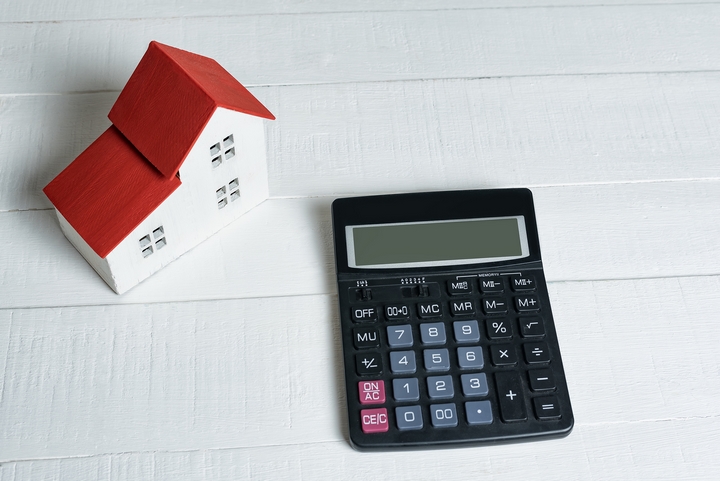When homeowners fail to pay property taxes for an extended period, the municipality can initiate foreclosure procedures, like a mortgage lender. This process involves putting the property up for a tax sale. This allows a new homeowner to step in and cover outstanding property taxes. While these tax-sale properties can be significantly more affordable than their market-value counterparts, potential buyers must exercise caution and thoroughly investigate before taking the plunge.
Let’s learn more about the ins and outs of the tax sale process.
1. Discovering Tax Sale Properties

Tax sales properties can be easily found online, along with essential information about real estate. Such listings might be accessible for several weeks before the due date, highlighting a captivating description and the minimum purchase price.
This specific sum accounts for outstanding tax debts, penalties, interest, and any justifiable expenses linked to the property on the Canadian market.
2. Public Auction and Public Tender Tax Sales

In acquiring tax-sale homes, two distinctive methods emerge: tender and auction. A public tender invites potential buyers to craft their ideal offer secretly, enclosing it in a concealed envelope with a 20% deposit. With only one shot to impress, the individual who bids the highest claims the property as their own.
On the other hand, a public auction calls for a lively presence at the designated location. This is where bidders can passionately embark on numerous attempts to secure the prize, ultimately yielding to the highest bidder’s triumph. Most tax sales within Canada’s borders are conducted through public tenders.
3. Typical Tax Sale Property Issues

As tax agencies take possession of properties sold for unpaid taxes, they might not be in top-notch shape. You could encounter some issues during your investigation. There could be a claim on the property, or the previous homeowner might still live there.
If it’s a piece of land without any structures, ensure that it comes with access to a road or at least has rights to road access. Remember that any related expenses become your responsibility once you place your bid.
4. Handling Previous Mortgages

Upon completion of a tax sale, all pre-existing mortgages linked to the property are promptly dissolved. Municipalities strive to expedite tax sales, bypassing convoluted documentation typically involved in transferring homeownership between parties. Nevertheless, mortgages or liens in favour of the Crown persist and must be dealt with by the new homeowner with great care.
5. Information on Tax Sale Properties

A considerable risk in acquiring a tax sale home is the inability to conduct a thorough inspection or arrange one. While seeing the property from the street is possible, your view of its overall state remains limited.
Upon obtaining a title, you may encounter numerous obstacles. For example, suppose squatters or prior homeowners have taken up residence on the property. In that case, it’s essential to know that the municipality bears no obligation to remove them – that burden now rests on your shoulders.
6. Perform Research and Due Diligence

Even with scarce information about tax sale properties, gaining valuable information remains possible.
Conduct a title search to collect data on ownership, registered mortgages, and existing easements or limitations. Conduct an execution search to expose potential court judgments against the former owner.
Should there be any Crown interest – like outstanding income tax and a lien on the house – the responsibility does not vanish with the property sale but instead falls on your shoulders to settle. Always make an effort to conduct an in-person visual inspection and keep an eye out for warning signs.
7. Previous Owners’ Redemption Period

Imagine winning a bid on a tax sale property in Canada. The previous homeowner has up to a year to repay their outstanding debts and regain complete ownership of their home – this grace period is known as the redemption period.
If this occurs, you’ll receive a refund of your initial bid plus interest. Although frustrating for investors, this uncertainty is inevitable when acquiring tax-sale homes.
8. Great Tax Sale Deals Exist

While tax sales come with their fair share of risks, they can be rewarding with proper navigation. Imagine securing a home at a 30-50% discount from its original market value!
Many invest in tax-sale properties by thoroughly researching the neighbourhood, amenities, and factors affecting the property’s overall market worth.
Once you acquire a tax sale home, it’s all yours to do as you please – make it your primary residence, keep it as a secondary home, rent it out or explore other possibilities. The choice is yours!






